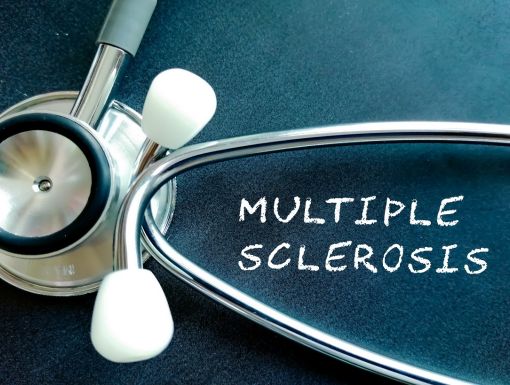
How Multiple Sclerosis Can Impact Your Mental Health
Multiple sclerosis is a tough diagnosis to hear. When your doctor uttered the words, you may have heard just a few of the symptoms that were rattled off. Weakness … fatigue … gait problems … pain. One symptom you may not have paid much attention to is depression.
But it’s an important one because depression affects more than 30 percent of people who have MS, making it one of the most common symptoms of the disease. That doesn’t mean you can’t do something about it.
Causes of Depression
There are a variety of reasons you may feel down or experience clinical depression. This could happen shortly after your diagnosis, during an exacerbation of symptoms, following a major change in abilities, during winter months, when changing medications or for seemingly no reason at all.
MS can also affect areas of the brain that control emotions, leading to behavioral changes. And then there are the potential side effects from medications. So it’s no wonder that depression is a familiar obstacle for people with MS.
Identifying Depression
With so many factors that can influence your mood, it’s important to keep tabs on your mental health. You may experience varying degrees of down moods, ranging from mild blues to severe clinical depression. To gauge if you’re depressed, ask yourself:
- In the past two weeks, have I felt down, depressed or hopeless?
- In the past two weeks, have I had little interest in doing things I usually enjoy?
If you answered no to both questions, you may be dealing with the blues or other normal mood fluctuations. But if you answered yes to either question, you may be experiencing depression. Symptoms of depression include:
- Persistent sadness or irritability
- Loss of interest in everyday activities
- Loss of appetite or increased appetite
- Insomnia or sleeping excessively
- Feelings of worthlessness or guilt
- Difficulty concentrating
- Thoughts of death or suicide
What to Do
Occasional periods of sadness are normal. But you can help keep the blues in check by maintaining a healthy lifestyle.
- Exercise regularly. Whether its walking, water aerobics, bike riding, Tai chi or yoga, it’s just important to move.
- Keep up an active social life. Make dates with family and friends, and consider joining a support group to meet others dealing with MS.
- Meditate to reduce stress. Smartphone apps make it easy if you’re a beginner.
- Avoid alcohol, which can exacerbate mood swings.
Clinical depression, on the other hand, requires a diagnosis and a more focused treatment plan. Talk to your MS specialist about your symptoms and to develop a plan of action. There is hope. Don’t let depression become your normal.
Learn more about Shannon Seals, MD.



